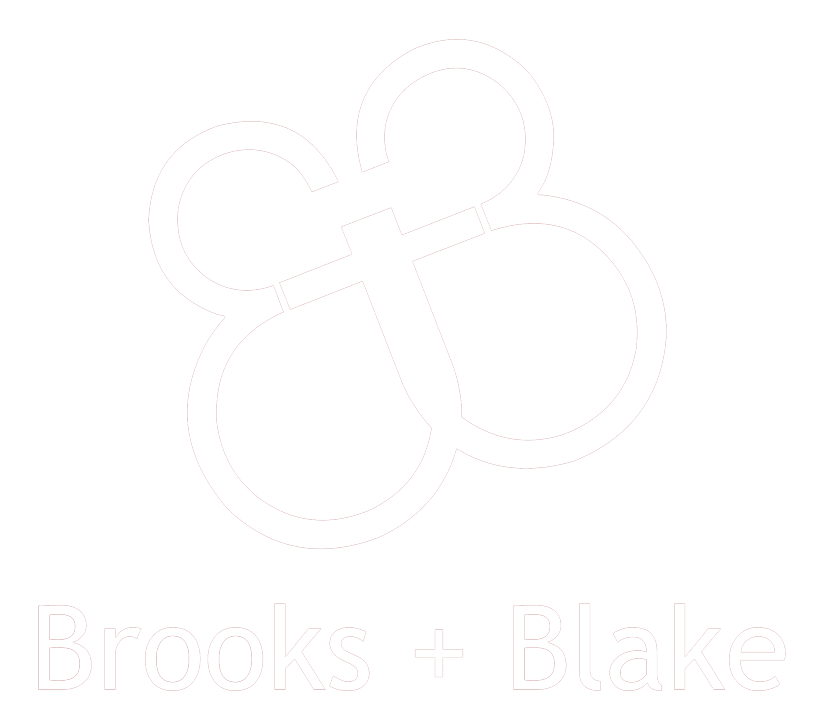Can Every Day Be Casual Friday?

The casual saying that the battle is not for the “stiffly” dressed in the corporate world will not be easily forgotten anytime soon especially between employees and Human Resources professionals, as many employees don’t longer want to be boxed in for the sake of what they wear to work.
Over the years, there has been a gradual shift from corporate dressing to “something more corporately casual“. According to research by the Hive, 62% of companies across the country allow casual dress at least once a week, compared to the 36% that allow it every day. This number is not a very high percentage, but it is a significant increase from the 2014 percentage, which was only 19%.
A large number of employees no longer want to suit up or wear dresses that require them to button up and tuck in at all times because they feel it is not only boring, but also it is uncomfortable. They would rather wear something comfortable because this makes them work more smartly and perhaps productive, according to a study {The Hive.com} which showed that 61% of employees are more productive when the dress code is relaxed, and 80% of people who work in an environment with a dress code responded that they don’t find them useful.
Certain employees in some industries know what they are signing up for because they understand that their jobs require formal dressing, industries such as financial institutions, law firms, and presenters in the broadcast media. While some of them love their jobs and also love to dress up, some want the narrative to change from the everyday formal dresses.
Other industries, however, especially the creative industry, do not see the need to be on the “suit and tie or a buttoned-up” shirt and a well-polished shoe all four days of the week, leaving only Fridays to dress casually corporate when every day can be for comfortable clothes that will get them well settled in and bring out the creativity in them.
The lockdown from the Covid-19 pandemic didn’t also help this narrative because while some people looked forward to dressing up and getting back to the physical office, others were very laid back and were more contented with settling for comfortable tees, jeans, or joggers such that it became difficult to go back to the routine of dressing formally when the lockdown was over.
The big question then is would corporate management give everyone the room to come to work dressed casually as they would like to? Unfortunately, this may not happen. While some industries like, IT, Engineering can afford to do that because of their type of job, not all industries can do that, even the creative industry.
It is important to note that there can be a balance between formal and informal dressing which the managements can allow. An example will be a decent shirt on a trouser or skirt with a pair of sneakers rather than a pair of shoe or toe–pinching heels four times a day.
In essence, employers could allow some level of flexibility in the way employees dress in the office, with some guidelines, such that employees know when not to cross the line. Employers may not have to enforce a total formal dressing on them four times a week, leaving only Fridays. This may not only be for the benefit of the employees but also for the organisation because the casual dressing is believed to bring out productivity and creativity in the employees which is the desire of every organisation.






